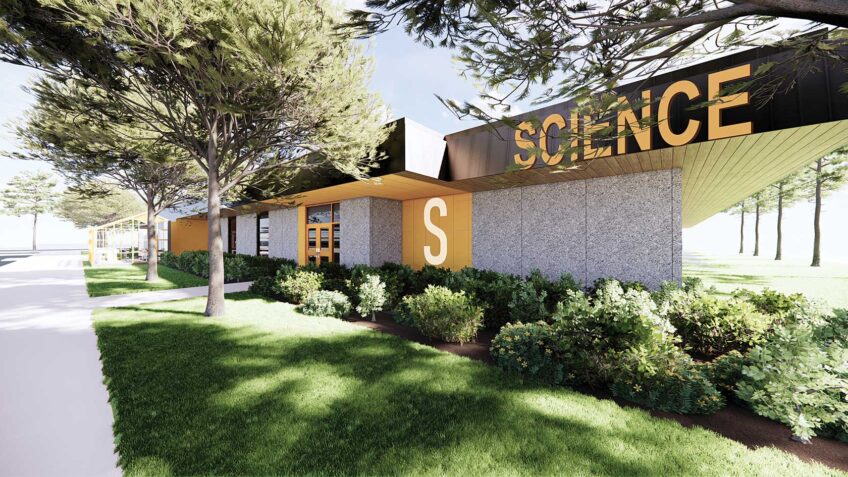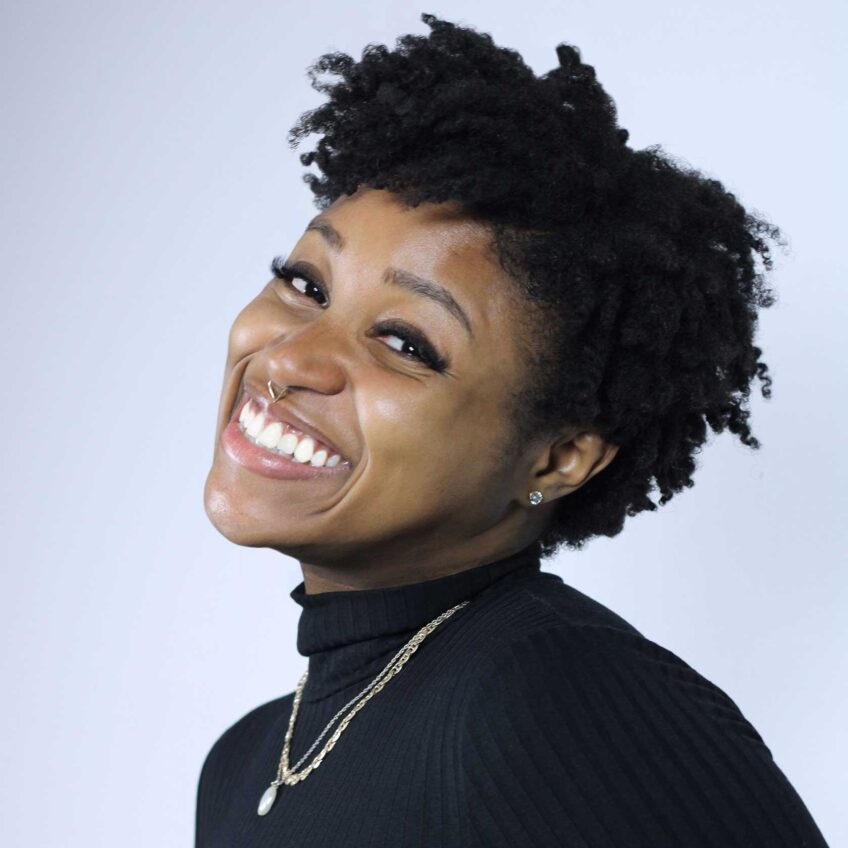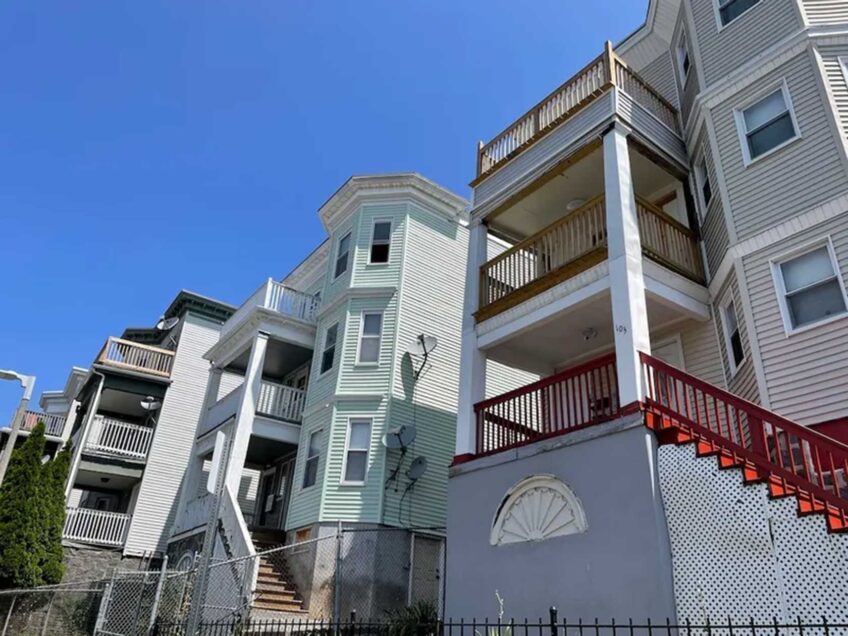Council again passes crowd control ordinance
Measure places controls on police use of tear gas during gatherings
City Councilors Ricardo Arroyo and Andrea Campbell successfully passed for the second time an ordinance on limiting police crowd control weapons, a reform that acting Mayor Janey voted “yes” on while she was still in her seat as Council president.
The measure passed by an 8-5 vote, with Frank Baker, Michael Flaherty, Ed Flynn, Annissa Essaibi George and Matt O’Malley voting against it.
The crowd control ordinance limits Boston Police Department officers from using chemical agents and projectiles to control groups of 10 or more without giving two separate warnings at least two minutes apart and waiting two minutes after the last warning to fire. This includes using pepper spray, rubber bullets and pepper balls.
Janey’s office said the acting mayor is still in support of the ordinance and intends on signing it in the coming days.
BPD officials opposed the ordinance. Although Boston Police Sgt. Kevin McGoldrick attended hearings with the Council’s Committee on Government Operations, he did not offer any change to the language of the ordinance.
“Primarily, the lack of exception [for] very experienced, well-trained officers to apply their judgement to the situation, I think is problematic,” McGoldrick said at a hearing for the first ordinance.
BPD representatives declined to comment further on the passage of the ordinance a second time.
Currently, use of crowd control weapons requires approval of the police commissioner, but after receiving approval to use such weapons, discharging them is up to the discretion of the officer.
District 1 Councilor Lydia Edwards, chair of the Committee on Government Operations, said during the council’s meeting that it’s unfortunate that the police department did not participate.
Former Mayor Martin Walsh did not sign the first draft into law, asking the council to make sure there were no conflicts with state police reform. Edwards said the new ordinance addresses that concern and adds some clarification on a few measures: The ordinance now specifies that body camera footage used while controlling crowds must be maintained and preserved for city agencies. It also says that the officer must determine that other methods of de-escalation were unsuccessful.
Supporters of the ordinance say that current police tactics don’t give enough time for those organizing peacefully to disperse, leaving them to deal with the physical harm that often comes from pepper spray and rubber bullets.
“What’s important for people to understand is that these weapons cause significant harm,” said Rahsaan Hall, director of the racial justice program of ACLU Massachusetts, “and their indiscriminate use is something that can’t be controlled.”
Hall cited the dangerous events that unfolded in Downtown Crossing on May 31, 2020 after protesters clashed with police, resulting in injuries on both sides. Protesters had been peaceful during the day, marching in support of justice for the recently killed George Floyd, but later, some vandalized police cars and buildings.
Police used pepper-ball projectiles and other crowd control tactics at the time, but Hall explained that the indiscriminate use of such weapons inevitably reaches peaceful protesters and bystanders when used in a crowd, because officers can’t account for variables like wind.
“Police were using these chemical crowd-control weapons in an area where there were people who were trying to leave the area … and they were impacted by it,” he told the Banner.
Campbell, a co-sponsor of the ordinance, worked with Hall and other community members to reconfigure its wording after former Mayor Martin Walsh did not sign it. While she would have preferred a ban on the weapons, Campbell said the clarifications are a good compromise.
“This piece of legislation to demilitarize [police] is one step at getting at that consistency, predictability, transparency and accountability. And it won’t happen if there’s not something that is written and public-facing,” Campbell told the Banner.
The new law will ensure that the BPD has consistent standards to follow when controlling crowds, rather than leaving it up to each officer, as they are all different, Campbell said.





